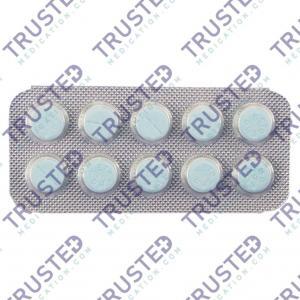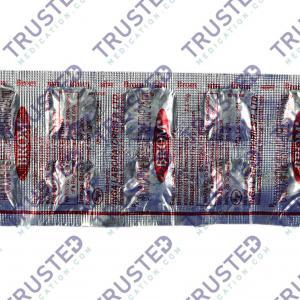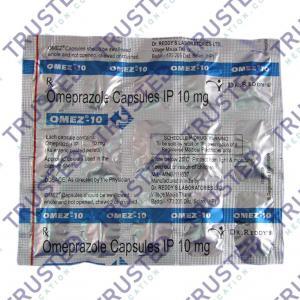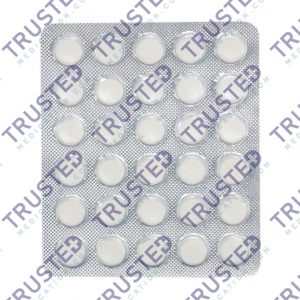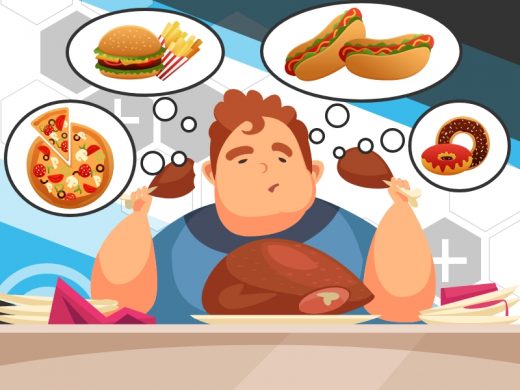
Food addiction involves the consumption of highly palatable foods in quantities beyond homeostatic energy requirements. Food addiction is a type of eating disorder that may involve either binge eating or bulimia nervosa. Binge eating is compulsive overeating with the inability to control food intake. Food addiction runs similarly to other addictions, which explains why some people cannot control themselves around certain foods.

The Effects of Food on the Brain
Food addiction involves similar neurotransmitters and areas of the brain as drug addiction. Highly processed foods have a dominant effect on the reward centers of the brain. The most problematic foods include typical junk foods like candy, sugary soda, and high-fat fried foods. Food addiction is believed to be caused by a dopamine signal that affects the biochemistry of the brain.
What are the Symptoms of Food Addiction?
- Feeling hungry and still craving certain foods despite feeling full and just having finished a nutritious meal.
- Eating a craving and often eating more than you intended
- Eating craved food and sometimes eating to the point of feeling excessively stuffed.
- Often feeling guilty after eating particular foods yet eating them again soon after.
- Sometimes making excuses about why responding to a food craving is a good idea
- Attempting to stop eating certain foods repeatedly but unsuccessfully, or setting rules regarding when they are allowed, like at cheat meals or certain days
- Often hiding the consumption of unhealthy foods from others
- Have a difficult time controlling your consumption of unhealthy foods, despite knowing that they can harm you physically or put you on weight.
The Risk Factors of Food Addiction
Food addiction is a complex condition that can arise from a combination of long-standing emotional, interpersonal, biological, psychological, and social factors. Here are some risk factors for the development of an eating disorder:

Psychological risk factors
- Anxiety
- Perfectionism
- Difficulties regulating emotion
- Obsessive-compulsive behaviors
Sociocultural risk factors
- Cultural promotion of the thin ideal
- Size and weight preconception
- Emphasis on dieting
Biological risk factors
- Having a close family member with an eating disorder
- Family history of depression, anxiety, and/or addiction
- Personal history of depression, anxiety, and/or addiction
- Signs of type 1 diabetes
How to Diagnose Food Addiction?
Observing the behavioral symptoms may help doctors in diagnosing food addiction. It is a challenging situation but is manageable with proper care and lifestyle changes. There is also a medical session that includes psychological guidance in overcoming the addiction.
Food Addiction Treatment
For food addiction recovery, it will take a lot of willpower and sacrifice to overcome it. Start to change your lifestyle by starting a list and coming up with a plan for a lifestyle change. As much as you can, avoid alcoholic drinks and caffeinated beverages. For food addiction-related weight gain, you can take weight-loss drugs that may correct your eating behavior. You can choose any of the following:
- Phentermine
- Abs fat burner
- Fat eliminator
- Herbal Tea Drainage
- Orlistat
- Slim detox weight-loss food


